Source: Startwire https://www.startwire.com/blog/3639117270
Laura Allen once closed a $5.5 million deal that started with a cold call. She is the co-founder of 15SecondPitch.com, a site which helps job seekers and entrepreneurs pitch themselves. She’s been interviewed by ABC News and The Wall Street Journal, now she sits down with us.
Why do job seekers need a pitch?
A pitch is a clear, concise, compelling way to explain who you are and what you do . You can say a lot in 15 seconds if you are focused, consistent and give it a little thought. It allows job seekers to talk about something they excel at, instead of talking about how they need a job.
You talk about the importance of being brief. Why?
Many years ago, people advocated for the value of an elevator pitch—a sales pitch marketing your wares in two minutes. But we live in an ADHD society; most buildings aren’t tall enough for a two minute elevator ride.
Few people have the time or energy to listen to an elevator pitch. To get the attention of a c-level leader, you need to get your point across fast. You need to be able to say who you are, what you do, why you are the best at what you do, and what you offer in a space that could fit on the back of a business card.
A commanding quick pitch that is well received will get you 15 minutes later. It will be remembered.
What if I’d rather say I have a unique skill set than say I’m the best? Does this matter.
People often say “why do I need to say that I’m the best at something, why can’t I talk about how what I offer that is different?” In reality, “why you are The Best at something is what makes you the most desirable AND employable! People remember it.” You need them to remember you.
Where should I use my quick pitch?
You can use it anywhere—in an online summary in a social network, in an e-mail, on your Twitter or Facebook profile. It’s a subtle way to market your skills, interests and what makes you unique.
What’s the biggest mistake people make in pitching themselves?
Using the “everything but the kitchen sink” approach. They talk about diverse interests and try to appeal to all. In the process, they appeal to none. Employers hire people to solve a specific problem. You need to focus on the skills that are relevant to the employer. If you have two interests, develop a separate custom pitch for each one. Don’t use a hybrid pitch.
How do I know the needs of my audience?
If you really want to know, ask the other person what they need first. Be interested. Listen well. I was at a networking event recently where a woman was in a panic because she had been underemployed for several years. Two women attempted to share several job ideas with her. She was so busy talking about her fears and anxieties that she did not hear the advice given to her. She interrupted these two well-meaning women so many times that they both gave up trying to help her. Share your deepest fears with your closest friends; not with strangers at a networking event.
When you hear what others need, you know better how to refine your pitch to show how you align with their needs. If you don’t fit with the needs, drop a name or refer a person who can help. When you give an opportunity away, you share good karma—and show maturity.
What’s a question that I should ask that I haven’t asked. And what is your answer.
Can you give me an example of a good pitch?
Several years ago, I met a fellow named Ken at a networking event. When I asked him what he did, he said, “business development for the entertainment industry.” He had long hair but a nice suit. After a few questions, I learned more.
When he reintroduced himself as a Kellogg MBA and Comic book fan who had put together a billion dollar deal for the Lord of the Rings, he became much more interesting to the same people who had yawned before.
Can you give me actionable advice in 140 characters or less?
Identify what you do best and how you can fill a need. Make this your quick pitch and prepare it before you need it.
